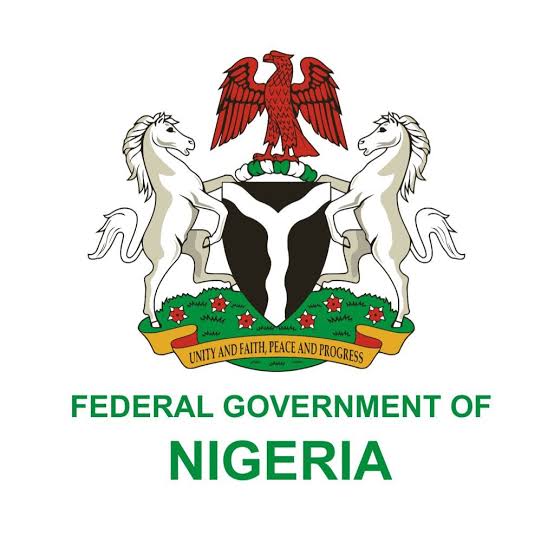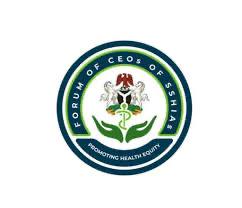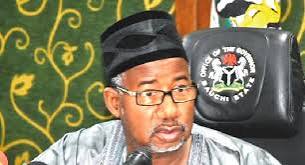The Federal Government has earmarked N700 billion to combat HIV/AIDS, tuberculosis, malaria, and immunisation, according to Dr. Amobi Ogah, Chairman of the House Committee on HIV/AIDS, Tuberculosis, and Malaria.
Ogah made this announcement on Tuesday during a 2025 Pre-World TB Day press conference in Abuja.
World TB Day, observed annually on March 24, raises awareness about tuberculosis and mobilises efforts, including political commitment and healthcare funding, towards its eradication. The theme for this year’s commemoration is:
“Yes! We can end TB: Commit, invest, and deliver.”
Tuberculosis (TB) is a highly contagious airborne disease caused by the Mycobacterium tuberculosis bacteria, primarily affecting the lungs. Nigeria bears the sixth-highest TB burden globally and ranks first in Africa. The 2024 WHO Global TB Report classified Nigeria among the 30 high-burden countries for TB, HIV-associated TB, and drug-resistant TB, reporting approximately 467,000 TB cases in 2023.
Ogah commended President Bola Ahmed Tinubu for allocating substantial resources to combat these diseases, crediting the Health Minister’s dedication to achieving this goal.
Impact of US Funding Withdrawal
This allocation comes in the wake of the US administration’s withdrawal of financial support for HIV/AIDS, TB, and malaria in Nigeria.
“The House Committee on HIV/AIDS, TB, and Malaria Control will continue to provide legislative mechanisms and interventions to support the fight against TB in Nigeria,” Ogah affirmed.
The committee has also urged the Global Fund to increase TB funding from 18% to 30% to address the disease burden effectively.
“We have finalised plans to pass legislation protecting TB patients from discrimination and stigma. Additionally, we will ensure robust oversight of Ministries, Departments, and Agencies (MDAs) involved in implementing disease control programs,” he added.
Ogah assured that the committee would ensure transparency and accountability in the disbursement of funds, preventing mismanagement and ensuring that the allocated resources are used effectively.
“Our priority remains increasing domestic health funding, which is the key to long-term sustainability,” he emphasised.
Call for Sustained Commitment
Dr. Queen Ogbuji-Ladipo, Acting Board Chair of Stop TB Partnership Nigeria, acknowledged progress in TB diagnosis, treatment, and prevention but stressed that the disease continues to disproportionately affect vulnerable and underserved communities.
She expressed optimism about Nigeria’s ability to eliminate TB, citing shorter treatment regimens, digital adherence technologies, and strong advocacy efforts as critical innovations.
“Through dedicated advocacy, health policy reforms, and service integration, we are closer than ever to eradicating TB in Nigeria,” she said.
She called for intensified domestic resource mobilization as donor funding declines.
“With donor support dwindling, now is the time to strengthen our advocacy for increased domestic investment in TB control,” she urged.
Government’s Efforts in TB Control
Dr. Godwin Ntadom, Director of Public Health at the Federal Ministry of Health and Social Welfare, highlighted significant progress made through the National TB and Leprosy Control Programme and its partners.
In 2024, Nigeria recorded its highest-ever TB case notification, identifying over 400,000 cases out of an estimated 506,000 infections, achieving a 79% treatment coverage rate.
Similarly, TB detection among children has improved significantly, rising from 8,293 cases in 2018 to approximately 43,000 in 2024.
However, despite these achievements, thousands of undiagnosed TB cases continue to drive community transmission.
“An untreated TB patient can infect up to 15 people per year. Even more concerning is the suboptimal enrollment of drug-resistant TB patients in treatment programs over the past five years,” he noted.
Strengthening TB Control Strategies
Dr. Ntadom reaffirmed the government’s commitment to achieving the WHO End TB targets, aligning with the Nigeria Health Sector Renewal Investment Initiative and the National TB Strategic Plan (2021–2026).
Key priorities include:
✅ Expanding TB screening, diagnosis, and treatment services
✅ Strengthening community engagement and awareness
✅ Reducing TB-related stigma and discrimination
✅ Integrating TB care with maternal and child health services
✅ Leveraging digital health solutions for improved case management
“The Federal Government remains dedicated to scaling up efforts to eliminate TB and improve overall healthcare access across Nigeria,” he assured.







